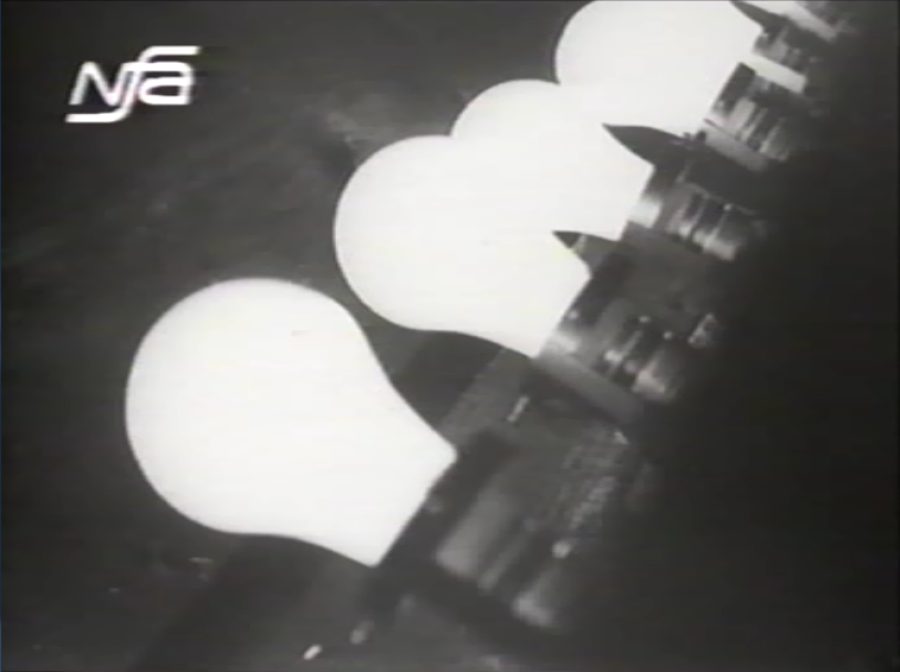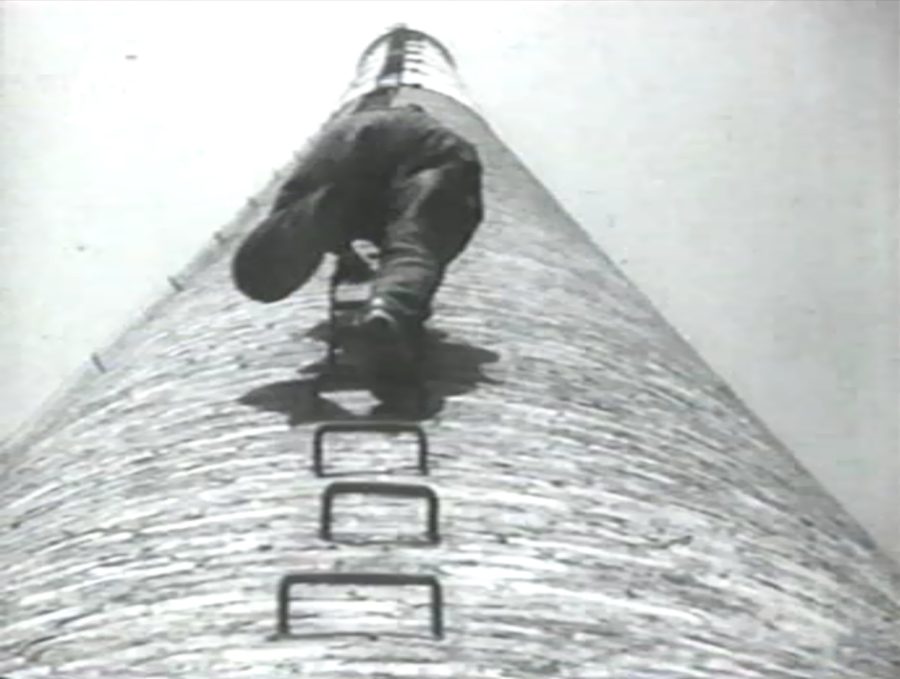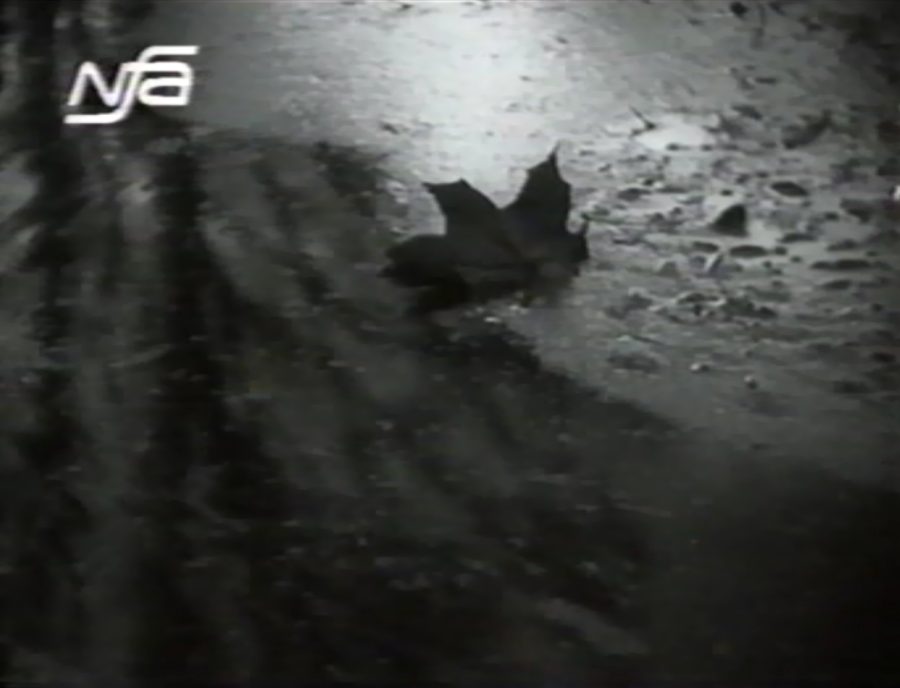Short tribute to Otakar Vávra
In programme
Short tribute to Otakar Vávra
Throughout his eighty years of activity in the Czech film industry, Otakar Vávra (1911–2011) was often admired and criticized. Because of his talent, training and conscientious diligence he had already gained a significant position by the time he was 26.
He was capable of learning from current trends from around the world, based his work on high quality Czech literature and cast excellent actors. He set up a system to counter improvisation, brought up the quality of screen-writing and challenged both himself and Barrandov Studios with the toughest tasks in the trade. He knew how to accomplish epic films with scenes that required large numbers of extras as well as films that were intimate and lyrical. Vavra's films continue to live through DVDs and repeated television programming: Cech panen kutnohorských (The Guild of the Kutná Hora Virgins), Turbina (Turbine), Šťastnou cestu (Bon Voyage), Krakatit, Němá barikáda (Silent Barricade), Zlatá reneta (The Golden Apple), Romance pro křídlovku (Romance for Flugelhorn), Kladivo na čarodějnice (The Witches Hammer) and so on. His most valuable work stems back to his avant-garde beginnings and his work from 1937–1949 – the “golden sixtieth” period when he worked with poet František Hrubín. His historical trilogies (about the Hussites made in the 1950 and the war trilogy made in the 1970s) were the dues he had to pay to satisfy official dogma. As a teacher at FAMU Prague film academy he took part in the raising of the Czech New Wave; Emir Kusturica also considers him one of his mentors. Although Vávra accepted the last of his many prizes just a few weeks before his death, disputes about the evaluation of his life and work persist.
Jaromír Blažejovský


